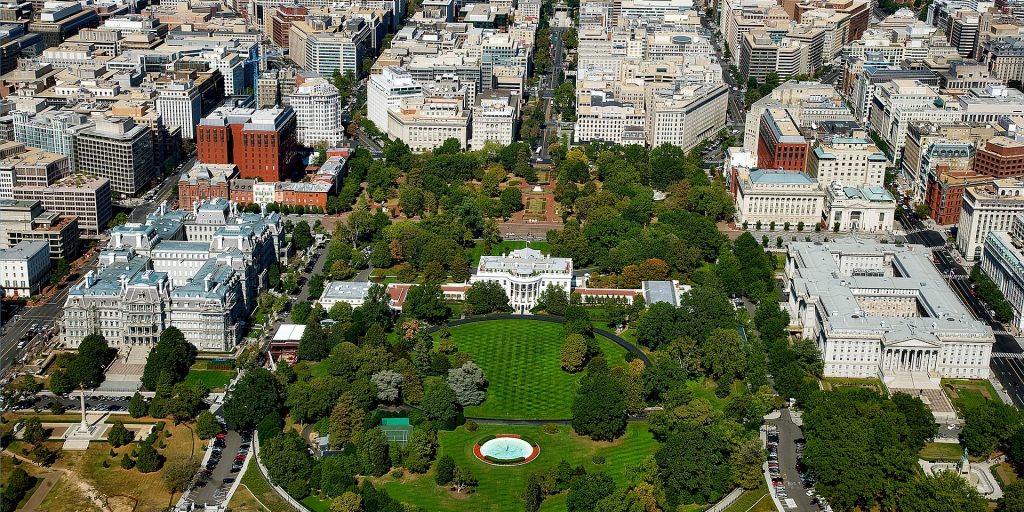Washington, D.C. launches mobility innovation district to drive technological advancement
Over the last decade, technological advancement has fundamentally changed municipal infrastructure, along with the expectations of city residents. Public-private partnerships drive this innovation by harnessing the power of private entrepreneurship to the visionary leadership of public administrators.
Washington, D.C is the latest city to venture down this path with the creation of its first-ever Mobility Innovation District (The MID). The district aims to “create a global innovation hub to show how mobility innovation can make a city more equitable, sustainable, safe, and prosperous,” according to a statement issued by the Mayor’s Office, the Office of the Deputy Mayor for Planning and Economic Development (DMPED), the Southwest Business Improvement District (Southwest BID), and community leaders. DMPED provided a $3 million grant to the Southwest BID to help create The MID.
“By creating the Mobility Innovation District, we can reduce congestion, ensure more neighbors are benefiting from new opportunities, and build a greener, more sustainable D.C.,” said Mayor Muriel Bowser about the initiative.
Beyond mobility, the initiative is intended to leverage technological advancement by drawing on the southwestern part of the city’s “unique assets—established neighborhoods, new large-scale mixed-used developments, regional attractions, and proximity to the National Mall—The MID will attract mobility companies that bring new technology to market and create jobs in D.C.,” the statement says.
And in support of the district, Circuit, a micro-transit company that works in all-electric, on-demand transportation solutions, will create a new mobility service for residents and visitors encircling the Southwest neighborhood. Circuit will help connect some of the city’s leading attractions and top dining destinations with fixed transit options and economic opportunities. The on-demand service will be bound roughly by Independence Avenue to the north; 15th Street SW and waterfront to the west; Q Street Southwest to the south; and South Capitol Street to the east—with the extension into Capitol Riverfront/near the southeast service area from M to New Jersey Avenue southeast to I Street Southwest, the statement says.
The goal is to reduce congestion and its harmful effects on the environment and our quality of life.
“One in four adults nationwide lacks access to safe, reliable transportation. The solutions we uncover will help create a more equitable city and create models that can be replicated nationally, so every Washingtonian and American can access opportunities and make the most of their fair shot,” said Deputy Mayor John Falcicchio. “Mayor Bowser and The MID are working together to modernize our transportation infrastructure to increase the modes of transportation and create systems to make our public transportation system more accessible to seniors, people with disabilities, and low-income residents.”
Mayor Bowser’s fiscal year 2023 budget includes investments for technological advancement in several projects related to the district, including $57 million to complete the K Street Transitway, providing protected bus and bike lanes through downtown; $102 million to continue make bus transit faster and more reliable; $15 million to expand Capital Bikeshare; $125 million for new or rehabilitated trails to improve connectivity to the regional trail network; and $18.5 million for a new pedestrian and bicycle bridge to Kingman Island. Another $6 million in seed funding from fiscal year 2022 will be used for innovation and creativity.
“The Southwest is the perfect neighborhood to test and pilot new mobility ideas and technologies,” said Steve Moore, executive director of the SWBID. “The MID plants the seed for future-forward mobility solutions, new job training possibilities, and the attraction of new business. Mobility solutions make a real and lasting contribution to the quality of life of our neighbors. And there are certain assurances as we step into the next three years of this project: safe mobility.”




















